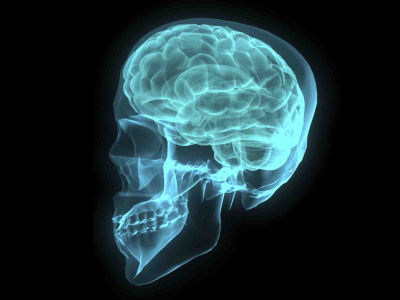Why is the disease 'cancer' called 'cancer' in English?

When we learn English words in school, we learn that the disease 'cancer' is 'cancer'. However, at the same time, we should have learned that 'cancer' means '
Why is cancer called cancer? We need to go back to Greco-Roman times for the answer
https://theconversation.com/why-is-cancer-called-cancer-we-need-to-go-back-to-greco-roman-times-for-the-answer-228288

One of the earliest known accounts of a person suffering from cancer is thought to date back to the 4th century B.C., says Panegires. A Satyr, a tyrant of a city on the Black Sea in ancient Greece, developed cancer between his groin and scrotum. The advanced cancer in that area was deemed inoperable, and there were no adequate medicines to ease his pain, so Satyr died from the effects of the cancer at around age 65.
Cancer itself was well known by the 4th century BCE, if we take a look at other sources. A book titled 'Diseases of Women,' written in the late 5th or early 4th century BCE, describes how breast cancer develops, and the ancient Greek physician Hippocrates ' collection of medical treatises includes references to different types of cancer.

Panegires points out that the word cancer also comes from writings from the same period. From the late 5th century BC to the early 4th century BC, doctors used the ancient Greek word 'karkinos,' meaning crab, to describe cancer. Later, Latin-speaking doctors used the Latin word 'cancer' to describe the same disease, and the name stuck. Many English names for constellations are derived from Latin, so the relationship 'cancer = cancer, Cancer' was established.
On the other hand, it is unclear why ancient Greek doctors compared cancer to crabs in the first place. One theory is that it was because crabs were aggressive creatures, just as cancer is an aggressive disease. Another theory is that they likened the fact that crabs are so strong that they have difficulty removing a human body when they hold it in their claws to cancer, which is difficult to remove once it develops.
Another well-known theory points out that the appearance of cancer resembles the shape of a crab.

In the Greek and Roman era, there were various opinions about the cause of cancer. The cause was not clear, and there was no established treatment, and there are records that believed that there was no way to treat it other than praying to God. Now, about 2,400 years later, knowledge about the causes, prevention, and treatment of cancer has changed significantly, and we know that there are more than 200 types of cancer, but there is still no perfect cure. Panegires said, 'The disease called 'cancer', which began with the satyrs in the 4th century BC, is well controlled in modern times, and some people live long lives after developing it. However, in 2022 alone, about 20 million people around the world will develop new cancer and 9.7 million will die from cancer. It is clear that there is still a long way to go.'
Related Posts:
in Note, Posted by log1e_dh







